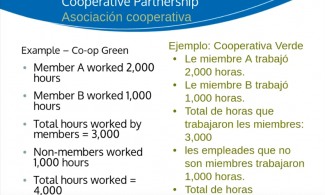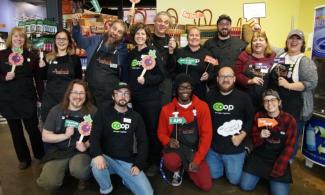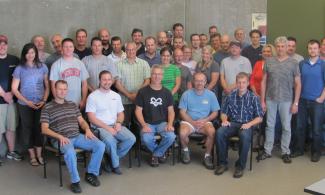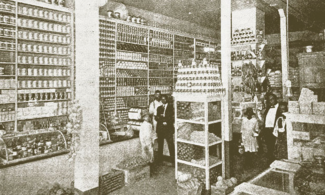Portland’s Worker-Owned Cooperative Restaurant Mirisata Has Unionized
Mirisata isn’t exclusively run by worker-owners. Worker-ownership is only eligible for employees working more than 32 hours per week at Mirisata, and new full-time employees need to stick around for a six-month trial period before officially becoming worker-owners. Plus, not every employee is interested in the responsibilities or commitment of becoming a worker-owner. So, last week, a group of Mirisata’s employees did something unusual within the co-op world: They unionized.




